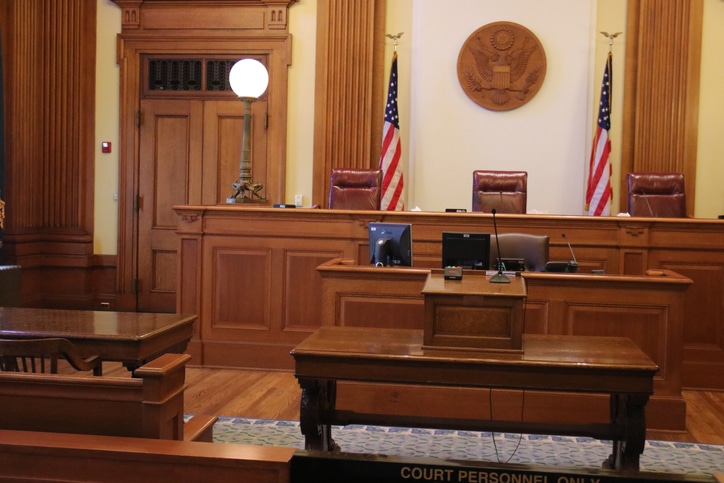On July 9, 2021, the Alabama Court of Criminal Appeals released a new batch of decisions. Below are the more noteworthy opinions with summaries. Notably, there is a lot of fallout from the Alabama Supreme Court’s decision in Ex parte McGowan earlier this year. That decision dealt with jurisdictional issues related to illegal sentences.
Harris v. State, CR-19-0231 (Ala. Crim. App. July 9, 2021)
Harris is a Rule 32 death penalty case with several issues related to various forms of juror misconduct and various claims of ineffective assistance of counsel. Notably, the jury voted 7-5 in favor of life without parole, but the circuit court overrode that decision and imposed death.
Bishop v. State, CR-19-0726 (Ala. Crim. App. July 9, 2021)
On his 7th Rule 32 petition since 2010, Bishop finally won one. His sentence was illegal under McGowan because at the time of his offense § 13A-5-6(c) mandated a minimum 10 year period of supervised release following prison. Because the circuit court’s sentencing order did not include that mandatory language, the sentence is illegal and Bishop is entitled to have his Rule 32 petition granted followed by a resentencing hearing with counsel.
Meeks v. State, CR-19-0807 (Ala. Crim. App. July 9, 2021)
The court affirmed Meeks criminally negligent homicide, 3rd degree assault, DUI, and improper lane usage convictions but vacated his 10 year straight sentence for criminally negligent homicide because C felonies have to be split unless the HFOA applies.
S.K.G. v. State, CR-19-0976 (Ala. Crim. App. July 9, 2021)
Unlike sentencing, a probationer does not have an unqualified right to allocution in a probation revocation. At a standard sentencing hearing, a defendant has the substantive right to allocution—otherwise known as make a statement on his or her behalf. If a defendant is not afforded that opportunity, it is a jurisdictional defect that requires a new sentencing hearing. But, in probation revocations hearings, that right does not apply.
McGuire v. State, CR-19-0714 (Ala. Crim. App. July 9, 2021)
McGuire appealed the summary dismissal of his Rule 32 petition seeking to set aside his convictions. Most of the claims, however, were non-jurisdictional and long since time barred. The jurisdictional claims lacked merit. The weird part of this decision is that on appeal of the Rule 32 dismissal, the State suddenly decides it needs to ask the Court of Criminal Appeals to remand the case to the circuit court for the circuit court to enhance McGuire’s sentence—15 years after he pleaded guilty—because the circuit court—15 years ago—did not properly sentence McGuire under the HFOA. The State tried to claim that this rendered the sentence illegal under McGowan. The Court of Criminal Appeals rejected this argument on multiple grounds. Namely (1) that the circuit court always had jurisdiction to sentence McGuire even if it didn’t invoke its authority to apply a sentencing enhancement that should have been mandatory and (2) what the State asks for would violate the United States Constitution.
Sartain v. State, CR-20-0391 (Ala. Crim. App. July 9, 2021) (per curium)
Sartain’s appeal was dismissed pursuant to Ex parte McGowan because his 10 year split with 2 years in community corrections followed by 5 years of probation was an illegal sentence. Specifically the 5 years of probation exceeds the statutory authority of § 15-18-8(b). Therefore, the circuit court lacked jurisdiction to revoke because the entire sentence was illegal. And because there was no indication of whether Sartain’s sentence followed a jury trial, plea agreement, or blind plea, if it was from a plea agreement Sartain must be allowed to withdraw the plea.

